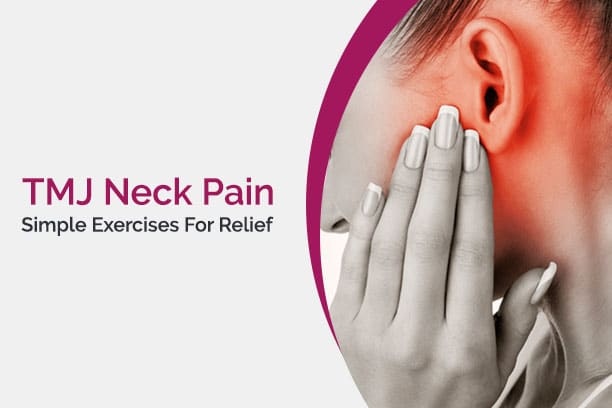Are you suffering from TMJ symptoms? Do you have jaw, head, or neck pain? TMJ pain can be quite debilitating and limit your ability to function throughout the day due to the complexity of the pain. TMJ symptoms can affect the teeth, the muscles of the face, the joints of the jaw, it can radiate pain to the ears or cause ringing in the ears, and can also affect the head and neck. If these are things that you routinely suffer from, there is hope! There are a variety of treatments available specific to your situation that a TMJ specialist near you can provide. In the meantime, let’s give you some home remedies to cope with TMJ pain. Here are some helpful hints for self-treating symptoms to reduce TMJ pain from specialist Dr. Charles Sutera at Aesthetic Smile Reconstruction in the Boston metro area, Waltham, MA.
Stretching
Just like you would stretch before and after a gym workout to help maintain muscle elasticity and reduce soreness, the same principles apply to the muscles of the jaw. If your TMJ muscles are sore, periodically stretching can help to reduce the severity of muscle tension. Gently practice stretching your range of jaw motion in different directions. Practice slowly opening and closing. Then go side to side. A particularly useful technique is to place your tongue on the roof of your mouth, then slowly open your mouth without your tongue leaving the roof of your mouth. You will feel a stretch at the back of your jaw just before your tongue is pulled off the palate. Hold in that position for about 30 seconds and repeat 4-5 times each day. This is helping to stretch the pterygoid muscles. The pterygoids are the most commonly sore muscle for patients that have TMJ symptoms without the presence of headaches.
Anti-Inflammatory
In times of TMJ pain, the muscles and bones of the jaw develop inflammation from the fatigue. Anti-inflammatory medications are a first line of defense to reduce TMJ pain due to inflammation. A TMJ specialist may perscribe you perscription anti-inflamatory medications, however, in the meantime a recommended over the counter medication is Ibuprofen. Most healthy adults may take 400-600mg every 6 hours. The key is to maintain the dosing around the clock consistently for 2-3 days.
Posture
The muscles of the TMJ are influenced by the muscles of the head, neck, and upper back. Poor alignment and tension in surrounding muscles can cause pain in other areas, and vice versa. This is because the nerves of the spinal cord are so closely related and pain in one area can be referred to a somewhat surprisingly far distance in the body. Take care to maintain proper head, neck, and back posture to reduce stress. Focus on sitting up straight. Set the goal to make sure your knees are generally bent around 90 degrees and your arms are supported in a comfortable position. Be aware if there are tasks in your daily life which are forcing you to maintain straining positions of one side of your body versus the other. Take breaks while at a computer or desk, and squeeze your shoulder blades back and perform gentle neck stretching periodically.
Keep Your Teeth Apart
The majority of TMJ pain is created by muscle force. Muscle force can only be generated when the muscles are loaded. The TMJ muscles are loaded only when the teeth are together. Therefore, you can reduce the amount of muscle tension by consciously keeping your teeth apart. For TMJ patients, this can be challenging to do and you may catch yourself continuing to clench your teeth. Still, in the meantime, until you can be evaluated by a TMJ specialist, try to keep your teeth apart. Remember, if your teeth are touching, you’re clenching. Clenching generates muscle force which generates fatigue. The fatigue ultimately generates the TMJ pain.
Remain Calm
A large proportion of TMJ patients in my practice are all ultra successful people that are balancing the weight of several personal and professional endeavors all at the same time. It’s not coincidental. TMJ symptoms are much more common in people which have high expectations for themselves. This is because TMJ pain, jaw soreness, and headaches all have an emotional component. In times of stress and anxiety, TMJ symptoms can be exacerbated. A number of physiological components cause this, but to simplify the point— humans develop increased muscle tension and an increased perception to that tension in times of emotional pressure. Try your best to maintain a positive outlook, limit exposure to environments of high pressure, and manage stressful events in your life. Trust me, I know it’s easier said than done, but stress can contribute to TMJ pain and symptoms.
Aesthetic Smile Reconstruction is a nationally leading TMJ dentist. Contact us today at our office in Waltham, Massachusetts in the metro Boston area for expert TMJ treatment. We’re eager to answer any questions you may have and get you the long-lasting relief you deserve.


